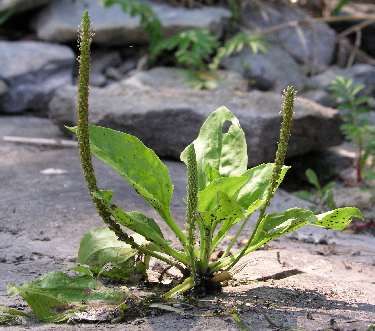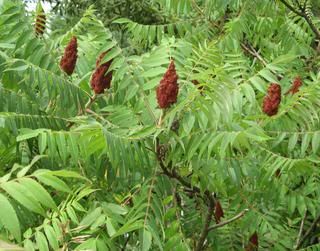Yarrow- TEA : (leaves, flowers) used for a tea can induce sweating, maybe increase appetite, help with kidney and urinary tract problems, also liver problems. Ulcers,colds, flu, abdominal cramps, abscesses, trauma and bleeding.
POULTICE: wounds, cuts, scrapes, rashes, and burns.
OTHER: added to bath water for hemorrhoids, conditioner, excess use can cause skin to be sensitive to the sun.
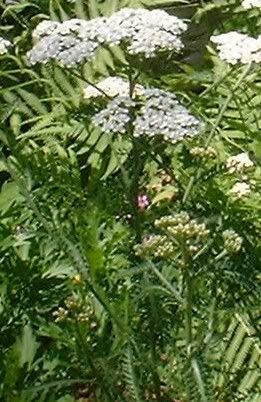
Burdock-TEA: (leaves)treating indigestion,bladder pain, fluid retention, and gout. Stimulates eliminatory organs treating swollen glands, inflammatory conditions, rheumatic conditions, liver, hepatitis, jaundice. Stimulates the secretion of bile. (roots)effective liver cleanser and stimulator. treats respiratory tract conditions, asthma, boils, cancers,eczema and fevers. Helps eliminate poisons from the system and helps treat skin disease. Excellent blood cleanser. Aching joints. Diuretic.
POULTICES: swelling, sores, tumors, bruises, inflamed surfaces, draws out infections and toxins.
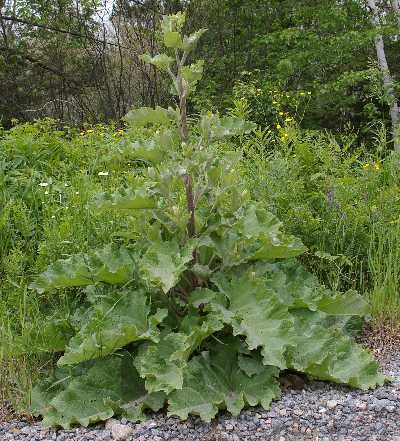
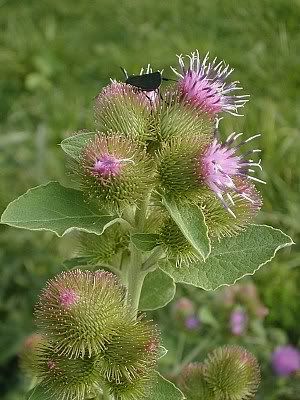
Lambs Quarters- (leaves) TEA: leaves stomachache, diarrhea.
POULTICES: burns
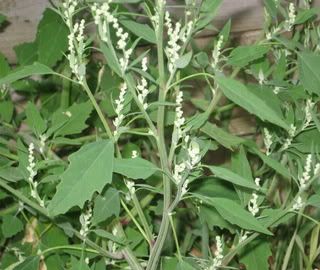
Daisy- (leaves,flower buds, young stalks) TEA: diruetic, swollen feet, coughs, cold, week digestive system.increase appetite and metabolism, calming effects.
POULTICE: use the tea as a poultice to help against bad healing wounds, rashes, and skin inflammation. can be an irritant to the skin.
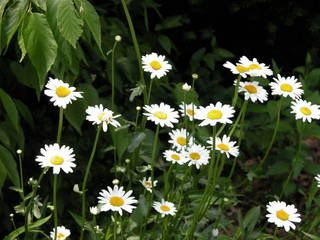
Violets- (flowers) TEA: coughs, bronchitis (gargle) sore throats. laxative, insomnia, aspirin like effects for head ache and neck pain.
POULTICE: muscle pain, skin eruptions, sores.





